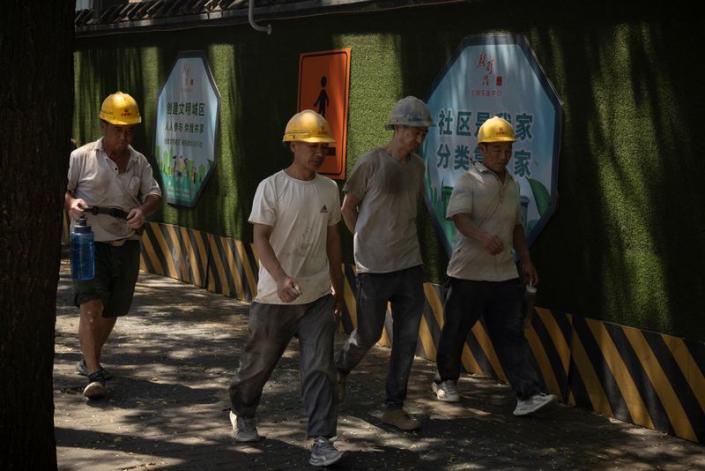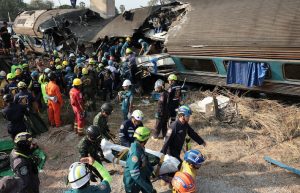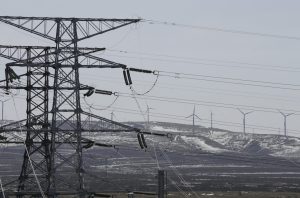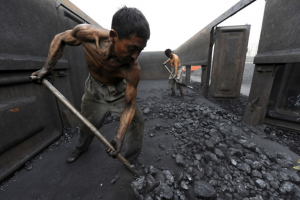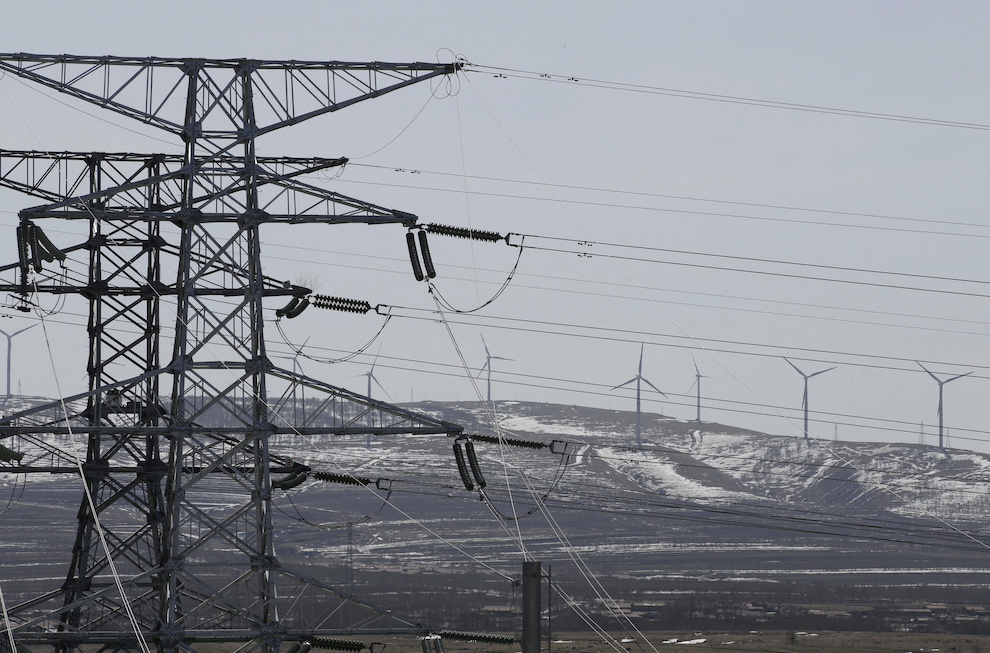Factory activity contracted further across Asia in July, according to private surveys on Tuesday.
The data indicates that the weak Chinese economy and slow global growth have hit the region’s uneven recovery.
Japan, South Korea, Taiwan and Vietnam saw manufacturing activity contract in July, the surveys showed, highlighting the strain that sluggish Chinese demand is inflicting on the region.
China’s Caixin/S&P Global manufacturing purchasing managers’ index (PMI) fell to 49.2 in July from 50.5 in June, missing analysts’ forecasts of 50.3 and marking the first decline in activity since April. The 50-point index mark separates growth from contraction.
ALSO SEE: China Battery Firms Pump $4.4bn Into Korea for US EV Credits
China manufacturing jobs down for fifth month
The data was in line with the government’s official PMI on Monday, raising challenges for policymakers seeking to revive momentum in China’s post-Covid recovery.
It underscores the challenge policymakers face in keeping inflation at bay with tight monetary policy, while forestalling headwinds from a potential recession in the world’s second-largest economy.
Employment across China’s manufacturing sector fell for the fifth straight month in July, although the pace of job shedding eased from June. Lower payroll numbers were attributed to reduced sales and cost-cutting by factory owners.
Competitive market conditions and price negotiations with clients led to a further reduction in Chinese factory gate prices at the start of the third quarter.
Manufacturers overall remained optimistic regarding the 12-month outlook for output, but the degree of positive sentiment was below the long-run series average.
Falling orders, bleak job prospects forecast
Top policymakers at a Politburo meeting pledged to step up support for the economy and strengthen counter-cyclical adjustments in the second half of this year.
But Wang Zhe, senior economist at Caixin Insight Group, said current monetary settings would only have a limited effect on boosting supply. “An expansionary fiscal policy that targets demand should be prioritised.”
“Manufacturing PMIs remained in contractionary territory across most of Emerging Asia last month and the underlying data point to further weakness ahead,” Shivaan Tandon, emerging Asia economist at Capital Economics, said.
“Falling new orders, bleak employment prospects and high inventory levels point to subdued factory activity in the coming months.”
Japan, Taiwan slow further, Korea improves
Japan’s final au Jibun Bank PMI fell to 49.6 in July, down from 49.8 in June, due to weak domestic and overseas demand.
South Korea’s PMI stood at 49.4 in July, up from 47.8 in June but staying below the 50-threshold that separates growth from contraction, the survey by S&P Global showed.
Taiwan’s manufacturing PMI fell to 44.1 in July from 44.8 in June, while the index for Vietnam rose to 48.7 from 46.2, the surveys showed.
In India, growth in manufacturing activity slowed for a second month, but the pace of expansion remained healthy and beat expectations.
Asia has been among the few bright spots in the global economy, though China’s slowdown clouds the outlook.
In revised forecasts issued in July, the International Monetary Fund projects emerging Asia’s economic growth will accelerate to 5.3% this year from 4.5% in 2022.
It expects China’s economy to expand 5.2% this year after a 3.0% increase in 2022.
- Reuters with additional editing by Jim Pollard
ALSO SEE:
Chinese EV ‘Invasion’ Forces Western Rivals to Slash Costs
China Expands Drone Export Curbs to ‘Maintain World Peace’
China Sees the Dawn of a New Era of Slower Growth
Japan Joins Chip Curbs on China, Despite Unease in Tokyo
Russia Buying Chinese Drones for War in Ukraine – Nikkei




